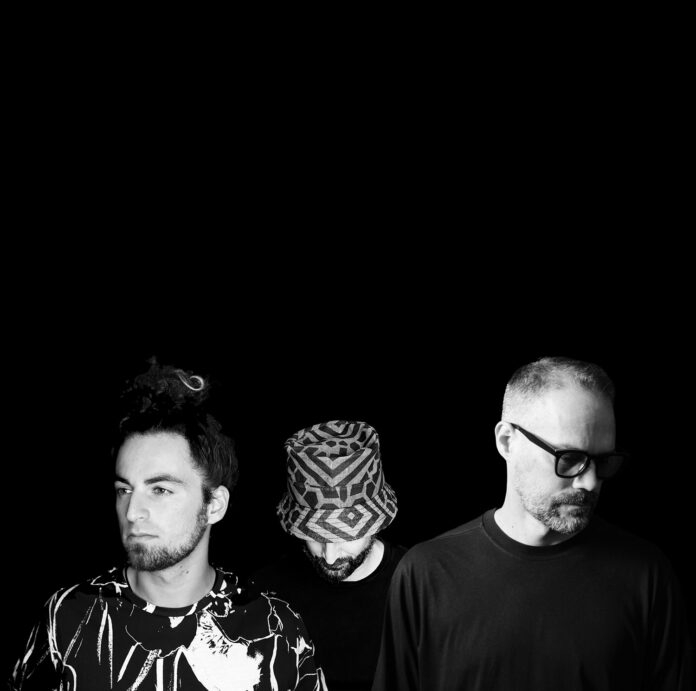Numerous villains in the world of anime end up redeeming themselves. Many, like Piccolo and Vegeta from Dragon Ball Z, become incredible heroes with beautiful, meaningful arcs. Others, however, maybe leave a bad taste in your mouth. Perhaps these characters just aren't as compelling as 'good' people or perhaps their redemption feels strangely unconvincing. In other words, perhaps these are villains who needed to stay bad, as the following examples arguably prove.
Pokémon's Gary Oak Gains Maturity But Loses Personality
Gary Oak is one of the most iconic rivals in Pokémon's long history. Whenever Ash thought he had accomplished anything, Gary would show up to one-up him with snide comments and bragging. But part of the Indigo Plateau's story was Gary being put in his place, first by Mewtwo and later by his loss to the Pokémon League.
However, come the Johto arc, Gary became a more sage-like, mature character. While this feels like the natural progression of his character, he also became somewhat boring by comparison. Gary had a lot less personality as a more mature rival. Yes, this growth was compelling during Ash and Gary's Johto League fight, showing how far both had grown, but it was less compelling during the lead-up to that fight.
It's Too Hard to Forgive Fruits Basket's Akito Sohma
Fruits Basket is a series centered on personal growth and recovery. Almost every character in the series needs to recover from Akito, the violent and abusive head of the series' cursed Sohma family. For roughly two-thirds of the Fruits Basket, we see the impact Akito had on essentially everyone before coming to realize what made her so twisted, including being forced to live as a male heir to the family despite being born and identifying as female.
However, when Akito's time for growth came, things became complicated. In-universe, not everyone forgives Akito as easily as Tohru does, but even out of universe, it felt bizarre watching her try to be a better person. Yes, her atonement is instrumental to the curse-breaking. That doesn't mean, however, that Akito felt like a new character after trying to turn a new leaf, so it doesn't really add much. In some ways, her character arc is a tribute to the beautiful messages of recovery inherent to Fruits Basket but on the other hand, it's hard for even the audience to forgive her.
Nakago In Fushigi Yugi Earns Redemption From the Author's Bias
Fushigi Yugi's Nakago is just a terrible, evil person who ends up going to Heaven and being redeemed for his countless war crimes and cruel actions because the manga's creator, Yu Watase, had an incredible crush on their own creation. (Yes, really.)
Never mind that Nakago tricks a teenage girl into thinking she was assaulted to better manipulate her. Never mind he murders families, controls people's free will and tries to assault the main character to make her "impure." Nakago sacrifices children, sparks wars and overthrows regimes, but because he had a traumatic past, it's apparently totally okay by the time of his death. It's a shame that such an interesting, cold-stone villain in a shojo manga ended up being undercut by a redemptive moment in literally the last seconds of life.
Lordgenome's Return In Gurren Lagann Falls Totally Flat
Lordgenome, otherwise known as the Spiral King, is the main antagonist for the first half of Gurren Lagann. The creator of the Beastmen, he restricts humanity underground in order to protect them from the Anti-Spiral. To this end, he becomes a titanic force of power who can beat up robots with his bare hands, issue threats with his lungs blown out and rule with an iron fist.
Then he comes back as essentially a head in a jar, offering context to events occurring as the Anti-Spiral returns. He regains his body for Gurren Lagann's final battle and absorbs a Big Bang's worth of energy in order to help the hero Simon deliver the final blow on the Anti-Spiral, but between that incredible final moment and his initial defeat, Lordgenome is just a shadow of his former glory.
Dragon Ball Z's Majin Buu Is Severely Underused Post-Redemption
Majin Buu is the final antagonist of Dragon Ball Z. While he might not be as memorable as Frieza or Cell, Buu was still an incredible villain with a lot of unique forms. However, the first form we are introduced to, Fat Buu, is essentially a chaotic child with childish, selfish interests. He is easily reformed thanks to Mr. Satan and helps the heroes defeat his pure evil counterpart, Kid Buu.
However, after the Buu Saga, both in Dragon Ball GT and Dragon Ball Super, Buu does very little. In fact, he makes things worse when the God of Destruction, Beerus, shows up, sleeps through the Tournament of Power and just proves a nuisance otherwise until the Moro arc in Dragon Ball Super manga. However, in Dragon Ball GT, he proves even more useless, merging with Uub to create a superficial fusion that barely has an impact during the Baby Saga and has no impact afterward. For one of the strongest entities in existence, Majin Buu is strangely useless after his reformation.
Les Misérables: Shōjo Cosette Gives Javert a Heroic Turn He Didn't Need
Les Misérables: Shōjo Cosette is an anime adaptation of the classic Victor Hugo novel, Les Misérables. In the original novel and all its adaptations, Javert, the officer pursuing hero Jean Valjean, has a rigid moral system that cannot be challenged. The moment he enters into an emotional conflict, he ends up killing himself rather than seeing the things through a world of grey. In this anime adaptation of the story, however, Javert ultimately resolves his moral conflict and becomes a hero who does the right thing.
On one hand, there are so many adaptations of Les Misérables that any iteration that opens the door to alternate possibilities is exciting. However, it also feels strangely antithetical to what made the character of Javert interesting in the first place.
Frieza Is Hard to Root For In Dragon Ball Super
Frieza is undeniably one of anime's most iconic villains. The destroyer of Planet Vegeta is responsible for much of early Dragon Ball Z's core conflicts. Frieza killing Krillin led to Goku unleashing the full power of the Super Saiyan. When Frieza returned to Dragon Ball Super for a rematch, it felt fitting. Climactic.
However, it also felt odd to see Frieza work alongside Goku during the Tournament of Power arc. Though Frieza would prove a villain again by the time Broly showed up -- even working briefly with Goku and proving instrumental in the fight against Jiren -- it still all seemed very off-putting. Even before then, everyone watching was just waiting for Frieza to turn out to be a villain again, in it for himself. And it's hard to justify rooting for a genocidal monster responsible for so much death, especially when Frieza clearly had no regrets for his actions. Frieza was just evil, plain and simple.
About The Author

